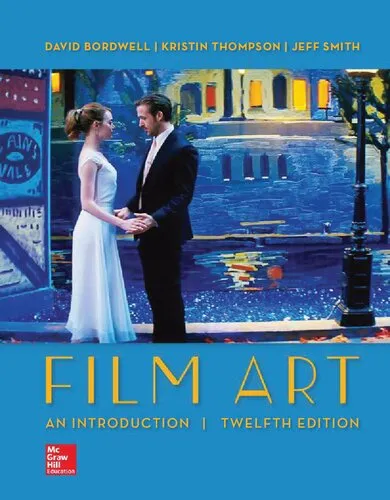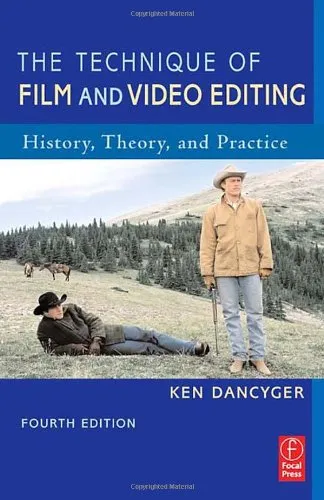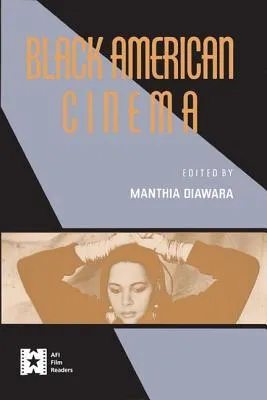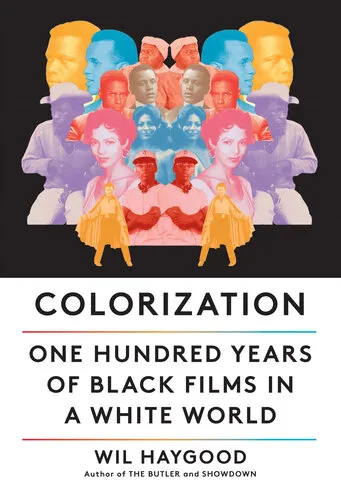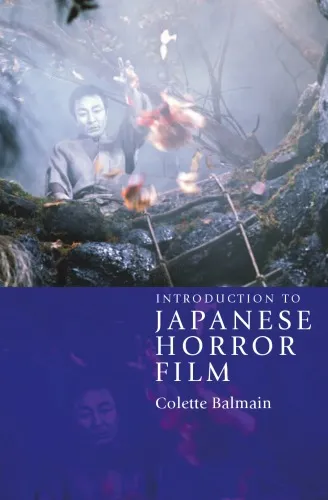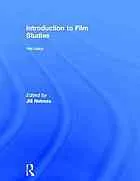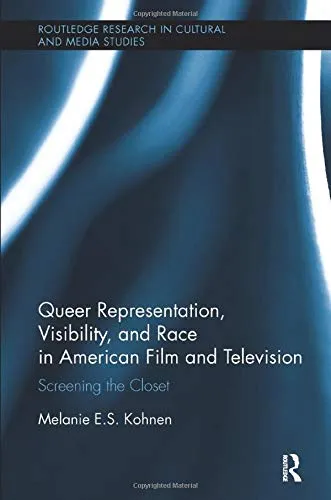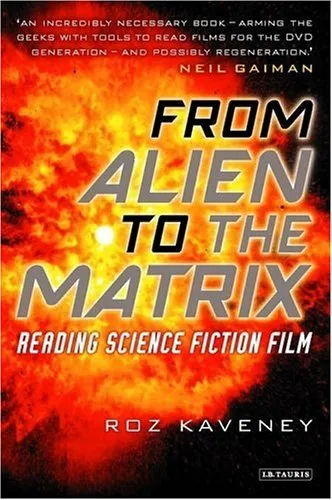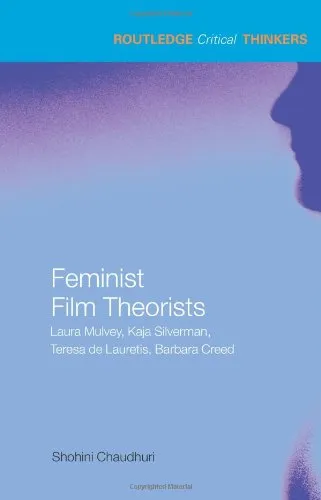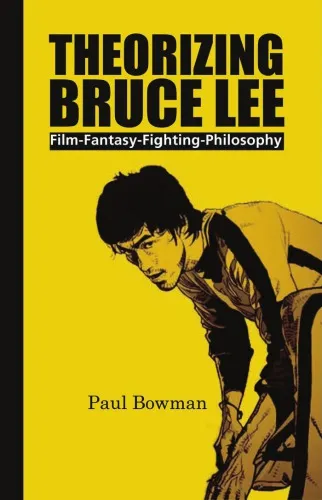A Companion to the War Film
4.5
Reviews from our users

You Can Ask your questions from this book's AI after Login
Each download or ask from book AI costs 2 points. To earn more free points, please visit the Points Guide Page and complete some valuable actions.Related Refrences:
Welcome to the detailed introduction to A Companion to the War Film, a comprehensive exploration of the multifaceted genre of war films. Co-authored by Douglas A. Cunningham and John C. Nelson, this book provides scholarly insight into one of the most powerful and enduring genres of global cinema. It examines the intricate ways in which war films reflect, critique, and shape cultural discourses surrounding conflict, violence, heroism, memory, and trauma. With expertly written analyses and perspectives, this work spans various nations, historical contexts, and cinematic traditions, making it an essential resource for film enthusiasts, students, and educators alike.
Detailed Summary of the Book
A Companion to the War Film delves deeply into the war cinema genre, offering readers a unique interdisciplinary examination. Structured to provide both breadth and depth, the book considers how war films have been crafted, the social and political conditions that shape their production, and the lasting sociocultural impacts these films carry. Its chapters span an array of conflicts, from the First and Second World Wars to the Vietnam War, the Cold War, and more modern engagements in Iraq and Afghanistan.
The book also dissects war films across the globe, moving beyond the traditionally Western focus of most analyses. From Hollywood blockbusters like Saving Private Ryan to Japanese films like Fires on the Plain and Italian neorealist masterpieces such as Rome, Open City, Cunningham and Nelson paint a global canvas of how war is remembered and experienced through cinematic storytelling.
Key themes central to the genre are explored meticulously, including the role of propaganda, the representation of masculinity and femininity, the glorification versus condemnation of war, and the ethical dilemmas faced during conflicts. The book integrates historical context with theoretical frameworks, making it a pivotal scholarly text while also remaining accessible for casual readers.
By combining theoretical depth with practical examples, the authors illuminate how war films both entertain and provoke audiences, acting as a mirror to the societies that create them. This work serves not only as a historical catalogue of iconic movies but also as a conversation starter for how we view and understand the morality, myth, and reality of war.
Key Takeaways
- War films are a reflection of social, political, and historical realities, often providing an in-depth understanding of global conflicts.
- The genre is diverse—encompassing propaganda, anti-war sentiment, hero narratives, and survivor testimonies—fostering a dialogue between entertainment and education.
- Global perspectives on war cinema challenge dominant narratives and broaden the scope of how war is portrayed and remembered.
- The book offers a balanced perspective, not solely celebrating cinema as an art form but also interrogating its role in reinforcing ideologies or perpetuating stereotypes.
- War films offer cultural insight into how societies grapple with trauma, collective memory, and the moral ambiguity of conflict.
Famous Quotes from the Book
"The war film is more than just a genre; it is the embodiment of how societies confront and narrate some of their most painful truths."
"No two war films are the same, yet they all share the weight of history, morality, and the question of what it means to be human in times of conflict."
Why This Book Matters
A Companion to the War Film is an indispensable text that dives into one of cinema’s most significant and impactful genres. It is not just a book for film scholars but for anyone seeking to understand the cultural, political, and psychological dimensions of warfare. This book matters because war films transcend the screen—they shape our collective memory, deepen our empathy for those affected by conflict, and force us to grapple with the ethical complexities of combat. Cunningham and Nelson provide not only a cinematic exploration but also a historical and cultural account, making the book relevant to a wide audience.
In an era where visual media greatly influences public perception, this book equips readers with the tools to critically engage with war films, challenging them to discern whether they uphold or critique war ideologies. By doing so, it contributes to ongoing conversations about humanity’s relationship with conflict, peace, and power. For students, academics, and cinephiles, the book serves as a guide to navigate the intricate world of war cinema, ensuring that its significance is neither overlooked nor misunderstood.
Free Direct Download
You Can Download this book after Login
Accessing books through legal platforms and public libraries not only supports the rights of authors and publishers but also contributes to the sustainability of reading culture. Before downloading, please take a moment to consider these options.
Find this book on other platforms:
WorldCat helps you find books in libraries worldwide.
See ratings, reviews, and discussions on Goodreads.
Find and buy rare or used books on AbeBooks.
1430
بازدید4.5
امتیاز0
نظر98%
رضایتReviews:
4.5
Based on 0 users review
Questions & Answers
Ask questions about this book or help others by answering
No questions yet. Be the first to ask!

